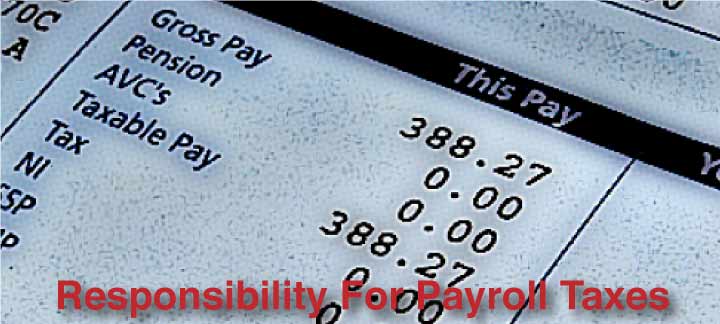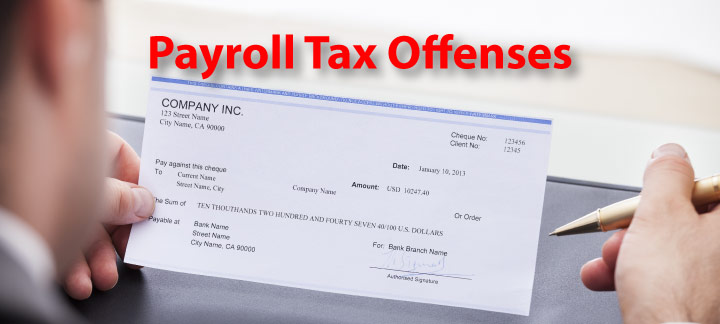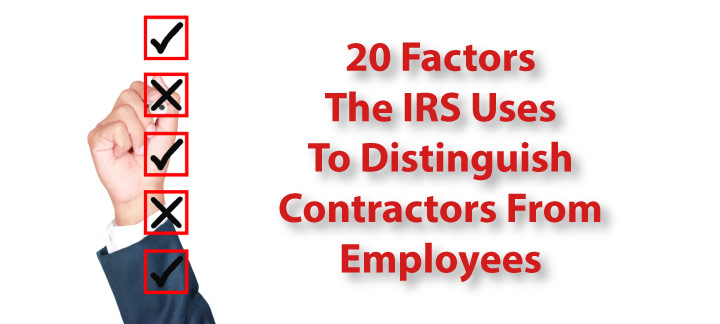Get the IRS to reimburse your businesses for COVID-19 PTO
On March 18, 2020, the President signed the Families First Coronavrius Response Act (FFCRA)" into law. H.R. 6201. The new law requires employers to provide additional sick and family leave to employees who cannot work due to the Coronavirus epidemic. H.R. 6201 §5102.










Comments (0)